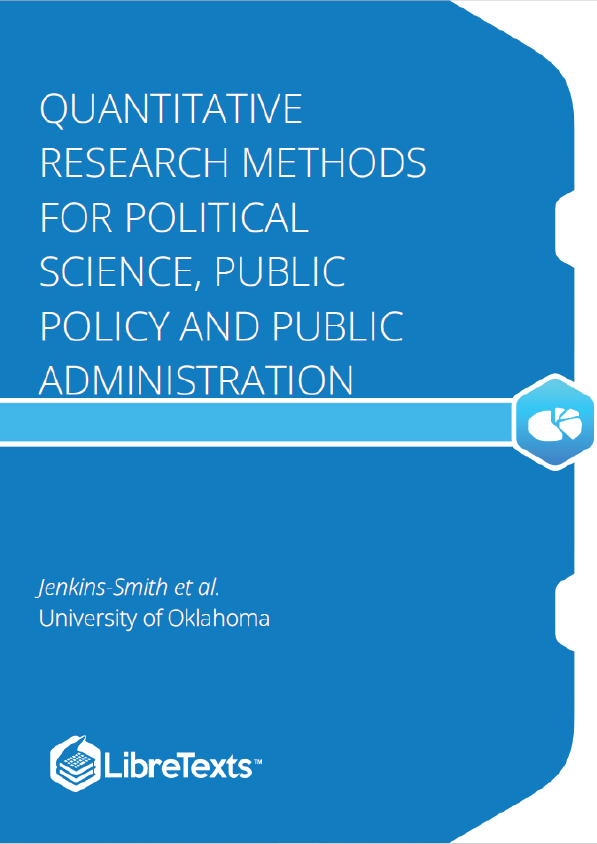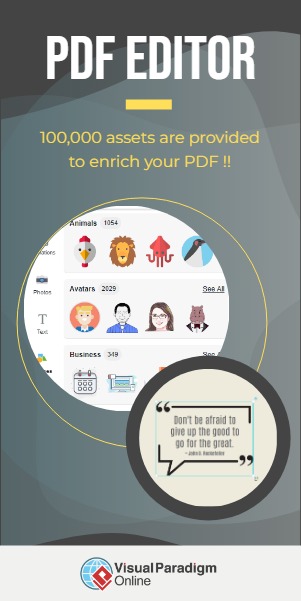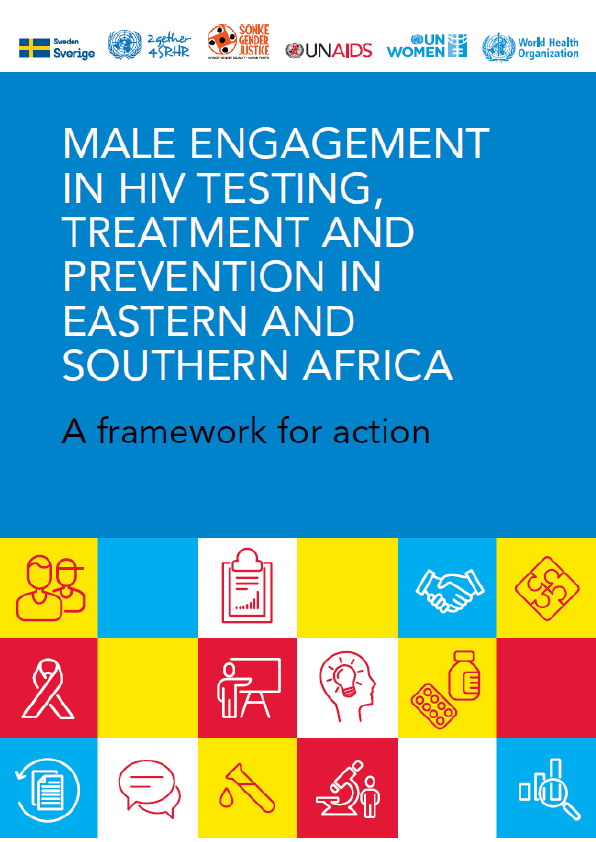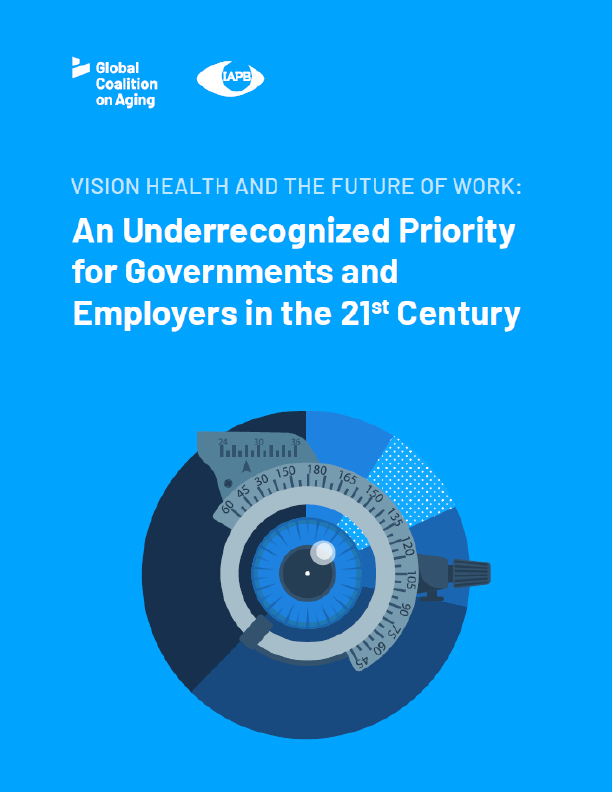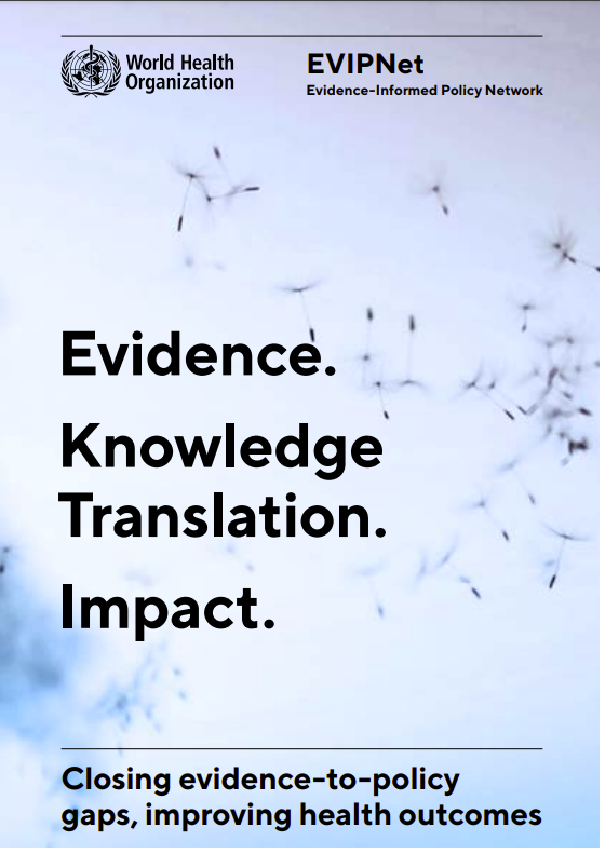The focus of this book is on using quantitative research methods to test hypotheses and build theory in political science, public policy and public administration. It is designed for advanced undergraduate courses, or introductory and intermediate graduate level courses. The first part of the book introduces the scientific method, then covers research design, measurement, descriptive statistics, probability, inference, and basic measures of association. The second part of the book covers bivariate and multiple linear regression using the ordinary least squares, the calculus and matrix algebra that are necessary for understanding bivariate and multiple linear regression, the assumptions that underlie these methods, and then provides a short introduction to generalized linear models. The book fully embraces the open access and open source philosophies. The book is freely available in the SHAREOK repository; it is written in R Markdown files that are available in a public GitHub repository; it uses and teaches R and RStudio for data analysis, visualization and data management; and it uses publicly available survey data (from the Meso-Scale Integrated Socio-geographic Network) to illustrate important concepts and methods. We encourage students to download the data, replicate the examples, and explore further! We also encourage instructors to download the R Markdown files and modify the text for use in different courses.
Empirical research, as outlined in this book, is based on the scientific method. Science is a particular way that some epistemologists believe we can understand the world around us. Science, as a method, relies on both logic, as captured by theory, and empirical observation of the world to determine whether the theory we have developed conforms to what we actually observe. We seek to explain the world with our theories, and we test our theories by deducing and testing hypotheses. When a working hypothesis is supported, we have more confidence in our theory.
When the null hypothesis is supported, it undermines our proposed theory. Science seeks a particular kind of knowledge and has certain biases. When we are engaging in scientific research we are interested in reaching generalizations. Rather than wanting to explain why President Trump’s approval dropped, we are interested in explaining why presidential approval drops across various presidents, or, better yet, how economic conditions affect presidential approval. These generalizations should be logical (which is nothing more than saying they should be grounded in a strong theory) and they should be empirically verified (which, we will see means that we have tested hypotheses deduced from our theory). We also look for generalizations that are causal in nature. Scientists actively seek explanations grounded in causation rather than correlation. Scientific knowledge should be replicable – meaning that other scholars should be able to reach the same conclusions that you do. There should be inter-subjective agreement on scientific findings – meaning that people, with different personal experiences and biases, should still reach the same conclusion.
Scientists also tend to prefer simple explanations to complex ones. They have a bias that says the world is pretty simple and that our theories should reflect that belief. Of course, people are complex, so in the social sciences it can be dangerous to look only for the simplest explanation as most concepts we consider have multiple causes.
